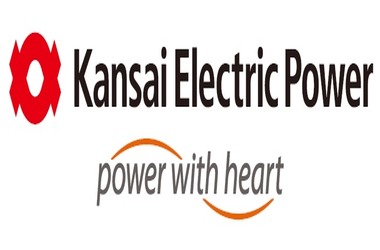
“Due to the widespread use of renewable energy such as solar power generation, the current power supply system has been changing from a conventional large-scale intensive type to a self-sustained distributed type, and in the future, with electric power consumers there is a possibility that electricity will be directly traded […] through a dedicated platform.”
The report marks the most recent testing of blockchain in power supply, with numerous plans presently underway globally. In Spain, in a venture of a unique kind, a 300 megawatt cryptocurrency mining facility will make use of solar power and in the future sell power directly to customers without mediators, its founders claimed in June.
According to the report, for the Japanese study, Nihon Unisys will build the system, while Kansai Electric will “construct and demonstrate the demonstration system at the same experiment center and the University of Tokyo will evaluate and summarize the research.” Mitsubishi UFJ Bank’s role will offer advice on the deployment of blockchain for settlement and transactions.
Notably, it is not the first partnership that involves the country’s utilities giants and blockchain technology. Earlier in March, Chubu Electric Power Company, Japan’s third-largest energy provider, declared that it would work with Internet of Things (IoT) startup Nayuta Inc and software company Infoteria to study blockchain’s use in monitoring electric vehicle charging.
